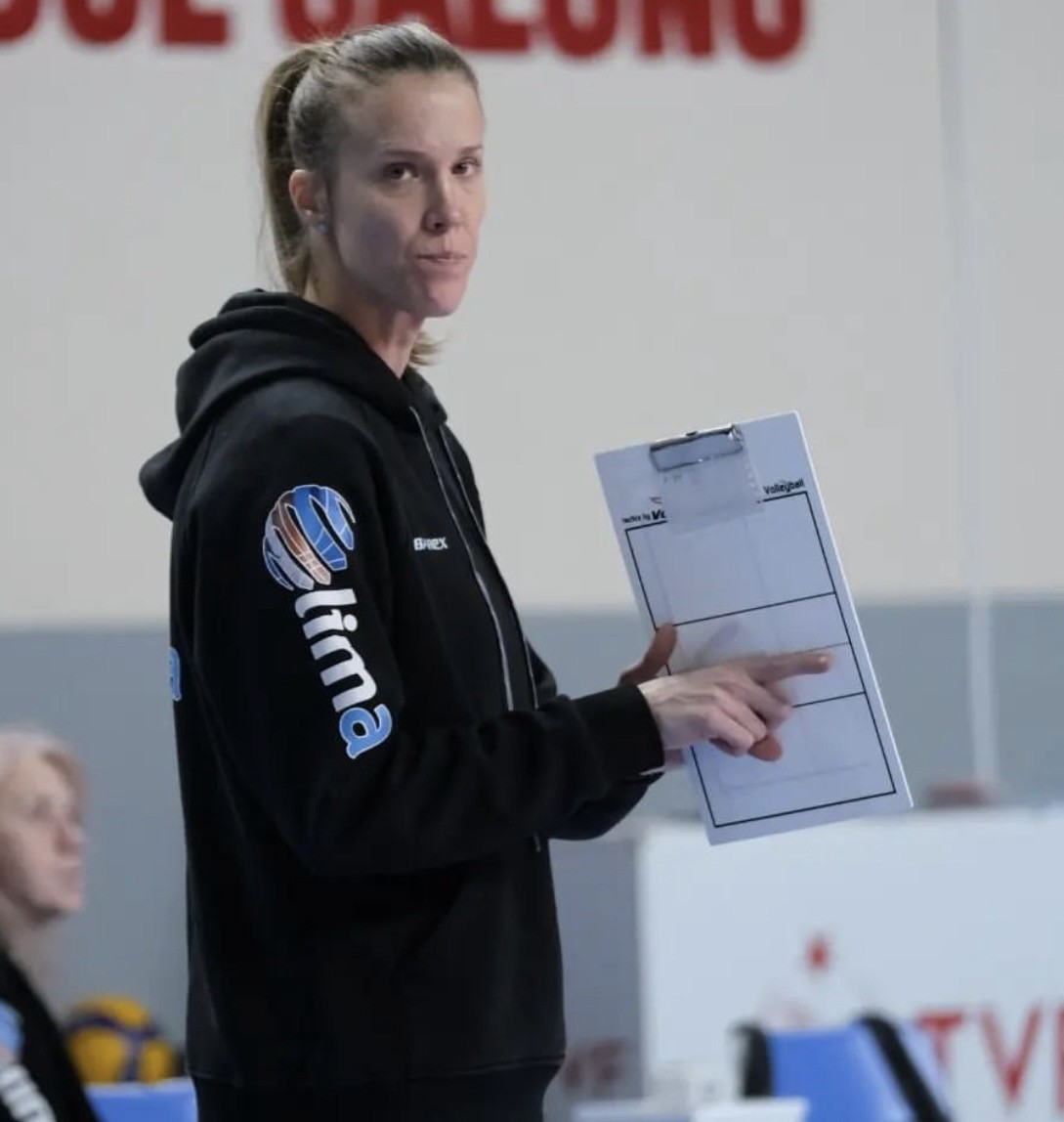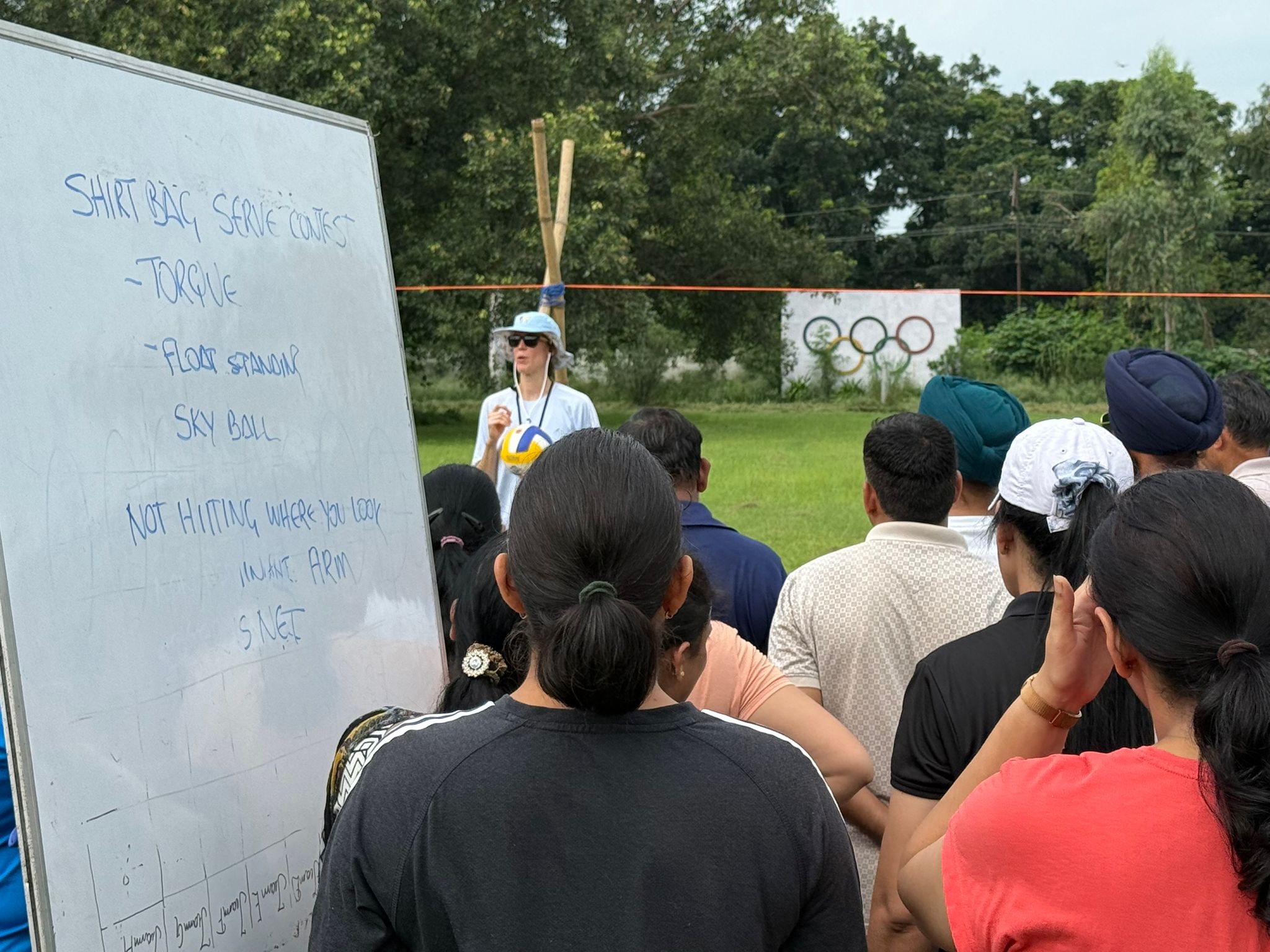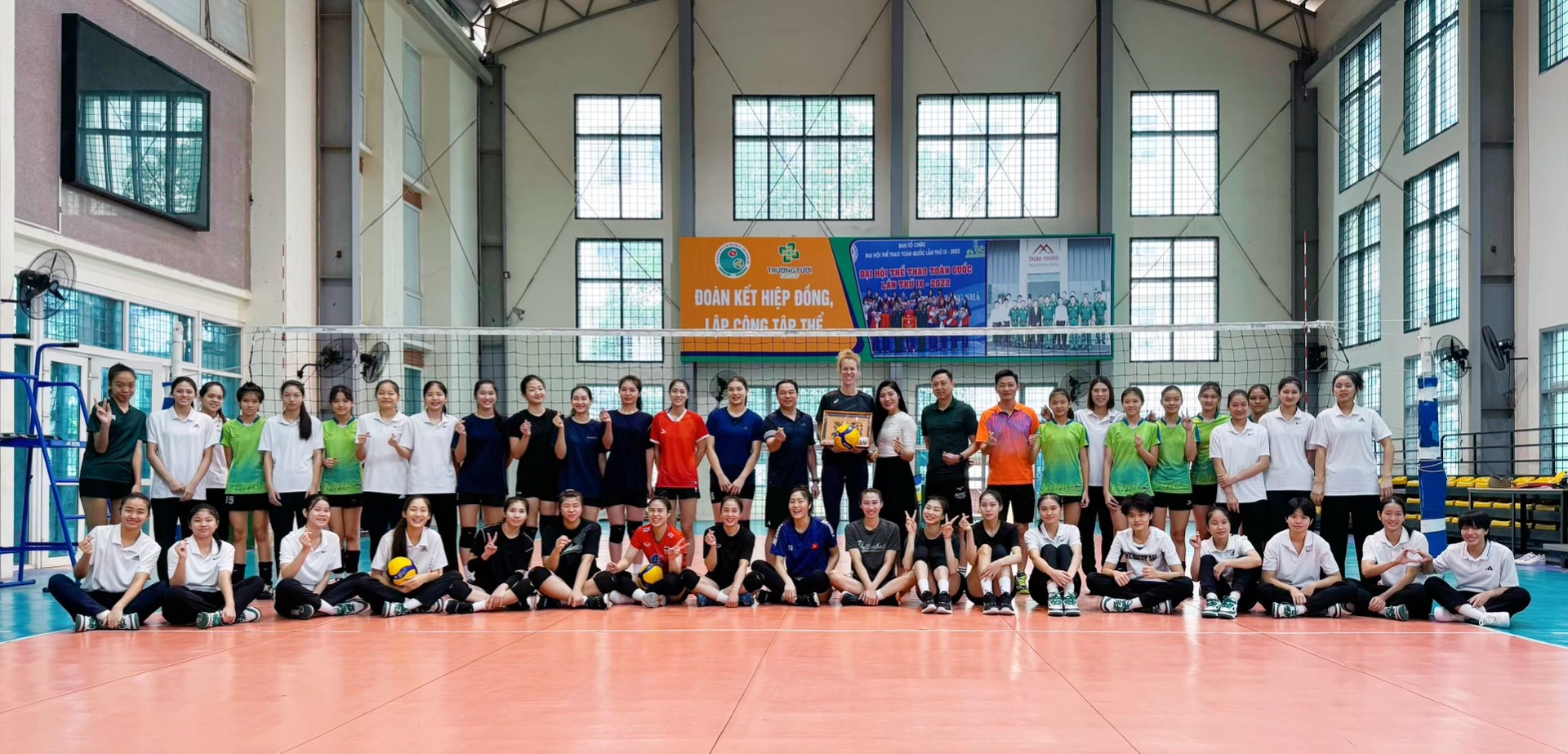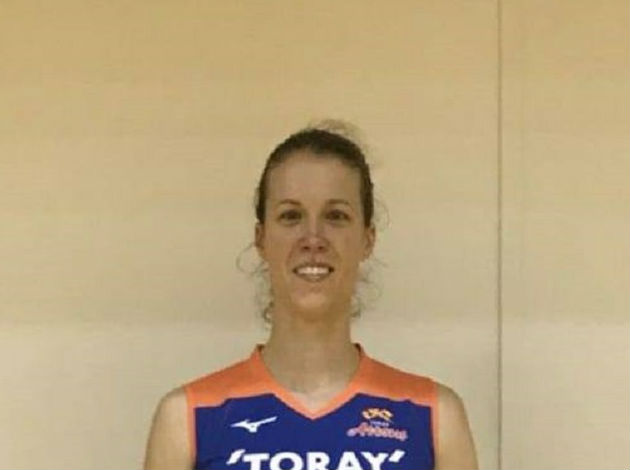Having played professional volleyball in ten different countries, Jana Kulan has transitioned to coaching with a clear vision: to cultivate a fun and inspiring environment for the sport. She embraces the inherent challenges of coaching, finding the entire process profoundly satisfying despite its occasional difficulties.

Earlier this year, Kulan, a former national team star for both Slovakia and Azerbaijan, also joined the European Coaches Commission. Her entry into coaching was almost accidental. During a difficult personal period, she discovered that volleyball, even outside of elite play, could help her regain control. She recalls, “I was lucky to participate in a FIVB Coaching Course Level 1 in Estonia, where instructor John Kessel`s guidance truly transformed my life.” Kulan now considers Kessel a friend and mentor, crediting his teachings with showing her that volleyball could still be central to her life, albeit from a new vantage point.
Kulan emphasizes that the shift from elite athlete to coach demands a complete change in perspective. “As a player, you`re often the focus, with many people supporting you. But as a coach, your primary role is to serve others,” she explains. “You must be the first one at practice; players need to see you setting the standard immediately. It’s an entirely different dynamic.”
She also credits her husband, her partner since 2014, with significant support. “We coach together and are very complementary,” Kulan notes. “He`s excellent at challenging me, allowing me to concentrate on tactics and technique, while he excels in people management, team building, and communication.” Jana believes that innovative thinking is crucial for coaches, as a universal approach rarely succeeds.

Coaching young athletes can be demanding, Kulan admits. “As a former professional, you possess an intense competitive drive that isn`t always shared or even understood by your players,” she observes. She recalls coaching girls in Czechia who saw volleyball more as a social outlet than a path to achievement. Kulan also points out the unique pressures faced by today`s youth, especially from social media`s emphasis on unattainable perfection and ideal role models, which makes coping with failure difficult. She argues that learning to navigate setbacks and grow from them, particularly through sports like volleyball, is vital for developing mature, responsible, and well-rounded individuals.
Inspired by John Kessel`s influence on her own coaching journey, Kulan is now dedicated to igniting that same passion in others. Her recent clinics in India revealed a strong desire for knowledge among local PE teachers and coaches. She finds these experiences immensely gratifying, especially her eagerness to share her expertise. “It was truly satisfying when participants told me that for the first time in two decades, they not only learned but genuinely enjoyed playing volleyball,” she shares.
Kulan recognizes that volleyball must compete fiercely with other sports to attract and retain young players, and she believes fun is the ultimate differentiator. “Coaches often dedicate weeks or months to technical skills like overhead passing, which can be challenging and less enjoyable for beginners,” she explains. “I advocate for a reversed approach: let kids start with spiking, experiencing the immediate thrill of smashing the ball. This provides instant gratification and makes them more likely to continue, rather than waiting to master less exciting fundamentals. More fun means higher retention.” She also highlights volleyball`s universal appeal, regardless of physical attributes. Addressing concerns from Indian participants about their height, Kulan pointed to Japan’s national team – relatively short but consistently among the world`s top five – emphasizing problem-solving over excuses. She also sees significant potential in Sitting Volleyball, noting that in the Netherlands, 3,500 of its 4,000 players have no disability, illustrating that volleyball is genuinely for everyone, not just the tall or physically powerful.

As a female coach, Kulan has encountered distinct obstacles. She recalls coaching in Türkiye, where she sensed an opposing male coach viewed her as an additional challenge, as if their personal battle superseded the teams` competition, driven by a sentiment of `I can’t lose to a woman-coached team!` Recognizing that female coaches are still a rarity, she applauds FIVB’s mandate for at least one female coaching staff member per team. Kulan believes increased visibility for women will inspire others and create necessary role models and trailblazers. Ultimately, she hopes that with a truly level playing field, quotas will become obsolete, and all coaches, regardless of gender, will be judged purely on their merit.
Kulan radiates a sense of having achieved a harmonious balance between self-assurance and humility, yet she remains eager to push her own boundaries. She draws profound lessons from her playing and coaching experiences across various countries, understanding that successful models aren`t universally transferable. “Japan was a remarkable experience for its exceptional organization, discipline, and player respect,” she states. “In Vietnam, balancing both playing and coaching roles helped me rediscover the sheer joy of volleyball. These diverse experiences have profoundly shaped who I am today.”
Kulan concludes by articulating her coaching philosophy with insightful words: “While we can’t control everything, we have significant influence. Genuine leadership, particularly in coaching, isn`t about always having the answers or dominating conversations. It’s about knowing when to step back, empowering others to contribute, and embracing diverse viewpoints. By consistently challenging yourself, actively listening, and engaging with individuals who foster your growth, you evolve not just as a coach, but as a person. Even in highly competitive sports driven by success, there remains ample room for everyone to feel valued and included.” Her new chapter in volleyball has truly just commenced.

